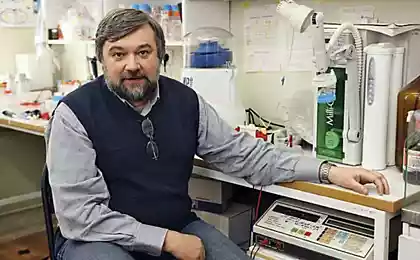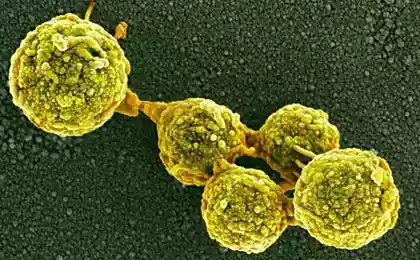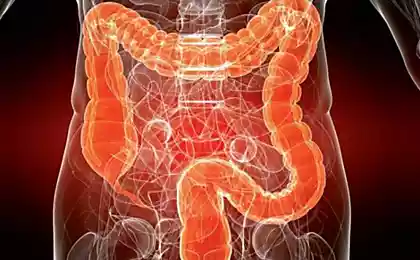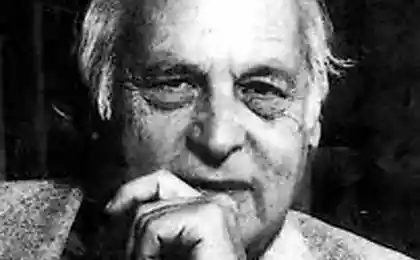146
If the doctor insists on a colonoscopy, tell him this. Dispelling the myth!
In Germany, every citizen who has reached the age of 47 must colonoscopy. If a person refuses this preventive examination, in case of health problems, he is obliged to pay for medical care himself.
In America, colonoscopy is mandatory once a year for both women and men, starting at age 45. This seemingly terrible procedure is a chance to detect rectal or colon cancer in time, from which thousands of people die every year.
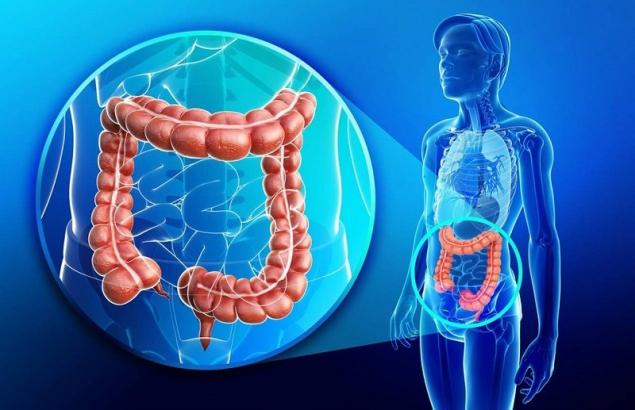
Can a colonoscopy be done?? Necessary! Editorial "Site" I am convinced that it is not colonoscopy that should be feared, but rash rejection of it! And even if any normal person feels a sense of embarrassment at the mention of the intestine, this topic is very relevant.
We, alas, have not yet reached such consciousness as that of the Germans or Americans. And any talk about digestive problems, and even more so the creepy word “colonoscopy” cause, if not shock, then surely quiet horror.
Meanwhile, proctologists unanimously say that 70% of the population suffers from various diseases of the colon, and colorectal It is one of the first places in the world in terms of incidence and mortality.
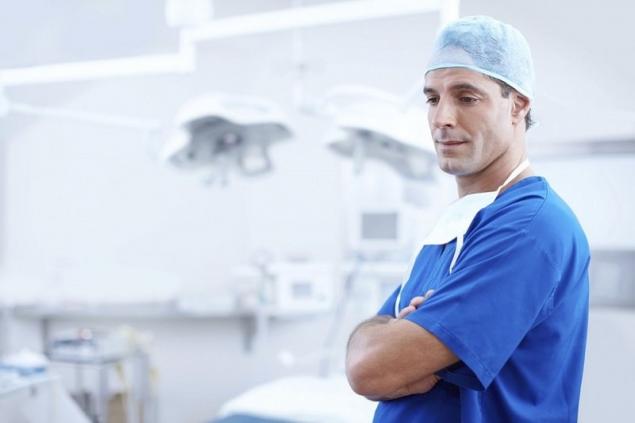
“By the age of fifty, my mother had a large bouquet of various diseases, including problems with the digestive system. She never went to the doctors, relying on the Russian “maybe carry”. But it didn't.
A few years later, she began to lose weight sharply, pain in the intestines appeared. She still had to visit a doctor, the diagnosis was disappointing: rectal cancer. She underwent surgery, followed by metastases, and after 6 months she died at the age of 57, writes Tina Hellwig in her blog.
3292929211
Timely detection of pathology guarantees a cure in 90% of cases! Palpation, ultrasound, x-ray, tomography, laboratory tests can also help in detecting colon cancer, but only a colonoscopy allows the endoscopist to look inside the intestine without surgery and see the state of the intestinal wall with his own eyes.

And while colonoscopy may seem like a rather complicated and traumatic procedure, it is much simpler and easier than you think! Here. colonoscopy: a tiny endoscopic camera is inserted into the rectum, the image from which is transmitted to the monitor screen in multiple magnification.
Thus, the doctor carefully examines the internal walls of the large intestine for the presence of polyps, signs of colitis and cancer.

The procedure, by the way, is carried out under anesthesia, so the patient literally sleeps and feels nothing. And if specialists find pathological growths on the walls of the intestine, they will immediately remove them.
Usually, colonoscopy is well tolerated and rarely causes discomfort or pain. The examination takes no longer than 15 minutes, is carried out in a specially equipped office, and the endoscopist does everything to make the patient comfortable.

After a colonoscopy, no special diet is usually prescribed, you can continue to eat in the usual mode. There may be a feeling of bloating after pumping air into the intestine, but it will quickly pass.
If any pathologies, polyps or colitis are detected, the attending physician will prescribe a number of drugs, procedures, including diet. Usually, the diet focuses on plant foods. fiber-rich. This helps to improve intestinal motility and is an excellent prevention of many diseases of the colon.
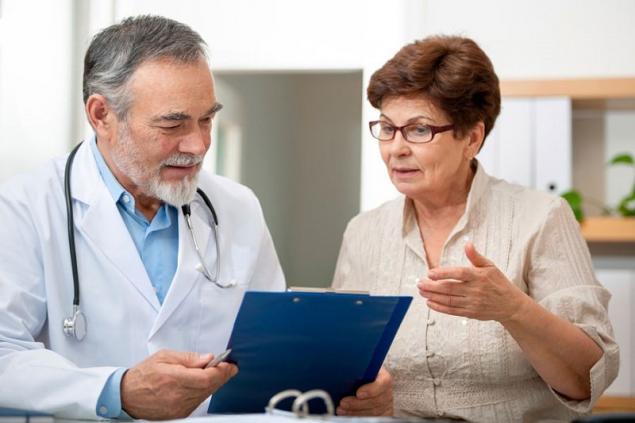
In what cases should you sign up for a colonoscopy?

The role of a healthy diet in the prevention of colorectal cancer

It remains only to say that often a person is afraid not of the examination or awkwardness, but of the words that the doctor will say after. “What if they find something?” many people think, because life is normal. Drop prejudice and remember that timely examination and proper preventive measures will help to avoid serious problems in the future. Bless you!
Don’t forget to share this useful article with your friends on social networks.
In America, colonoscopy is mandatory once a year for both women and men, starting at age 45. This seemingly terrible procedure is a chance to detect rectal or colon cancer in time, from which thousands of people die every year.

Can a colonoscopy be done?? Necessary! Editorial "Site" I am convinced that it is not colonoscopy that should be feared, but rash rejection of it! And even if any normal person feels a sense of embarrassment at the mention of the intestine, this topic is very relevant.
We, alas, have not yet reached such consciousness as that of the Germans or Americans. And any talk about digestive problems, and even more so the creepy word “colonoscopy” cause, if not shock, then surely quiet horror.
Meanwhile, proctologists unanimously say that 70% of the population suffers from various diseases of the colon, and colorectal It is one of the first places in the world in terms of incidence and mortality.

“By the age of fifty, my mother had a large bouquet of various diseases, including problems with the digestive system. She never went to the doctors, relying on the Russian “maybe carry”. But it didn't.
A few years later, she began to lose weight sharply, pain in the intestines appeared. She still had to visit a doctor, the diagnosis was disappointing: rectal cancer. She underwent surgery, followed by metastases, and after 6 months she died at the age of 57, writes Tina Hellwig in her blog.
3292929211
Timely detection of pathology guarantees a cure in 90% of cases! Palpation, ultrasound, x-ray, tomography, laboratory tests can also help in detecting colon cancer, but only a colonoscopy allows the endoscopist to look inside the intestine without surgery and see the state of the intestinal wall with his own eyes.

And while colonoscopy may seem like a rather complicated and traumatic procedure, it is much simpler and easier than you think! Here. colonoscopy: a tiny endoscopic camera is inserted into the rectum, the image from which is transmitted to the monitor screen in multiple magnification.
Thus, the doctor carefully examines the internal walls of the large intestine for the presence of polyps, signs of colitis and cancer.

The procedure, by the way, is carried out under anesthesia, so the patient literally sleeps and feels nothing. And if specialists find pathological growths on the walls of the intestine, they will immediately remove them.
Usually, colonoscopy is well tolerated and rarely causes discomfort or pain. The examination takes no longer than 15 minutes, is carried out in a specially equipped office, and the endoscopist does everything to make the patient comfortable.

After a colonoscopy, no special diet is usually prescribed, you can continue to eat in the usual mode. There may be a feeling of bloating after pumping air into the intestine, but it will quickly pass.
If any pathologies, polyps or colitis are detected, the attending physician will prescribe a number of drugs, procedures, including diet. Usually, the diet focuses on plant foods. fiber-rich. This helps to improve intestinal motility and is an excellent prevention of many diseases of the colon.

In what cases should you sign up for a colonoscopy?
- In the presence of alarming symptoms: the release of mucus or blood from the rectum, stool disturbance, pain and discomfort in the abdomen, bloating, increased fatigue, systematic increase in body temperature.
- If previously discovered polyps that may be precursors of cancer.
- With diverticulosis of the intestinal walls, since pockets are real reservoirs of infection due to the accumulation of feces in them.
- If you suspect ulcerative colitis or Crohn's disease.
- If relatives have had polyps or tumors of the colon
- In preparation for gynecological operations (endometriosis, ovarian tumors, uterus, etc.).

The role of a healthy diet in the prevention of colorectal cancer
- Minimize the consumption of salt-rich and saturated fat foods.
- Drink enough fluids every day!
- A balanced diet should include proteins, carbohydrates, and healthy fats. There is no need to deny yourself the opportunity to eat fresh bread, Italian pasta or fragrant potatoes. The main thing is that everything has to be measured.
- Fish is a storehouse of healthy fats and all kinds of vitamins. At least one fish day a week will make you healthier.
- Introduce fresh vegetables and fruits into the diet. They are known to be rich in vitamins, minerals and antioxidants.
- Try to eat foods rich in fiber. They best help avoid the development or recurrence of colon cancer.
- And most importantly – minimize or even give up such bad habits as smoking and drinking alcohol.

It remains only to say that often a person is afraid not of the examination or awkwardness, but of the words that the doctor will say after. “What if they find something?” many people think, because life is normal. Drop prejudice and remember that timely examination and proper preventive measures will help to avoid serious problems in the future. Bless you!
Don’t forget to share this useful article with your friends on social networks.

